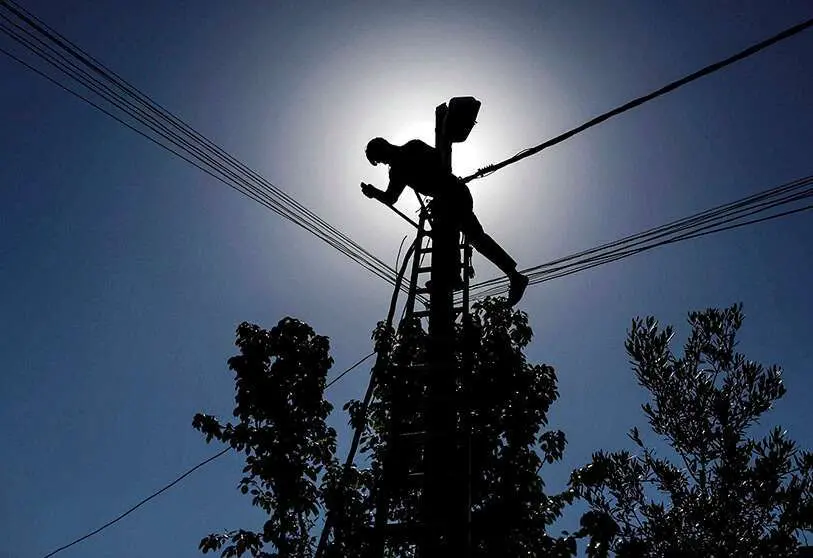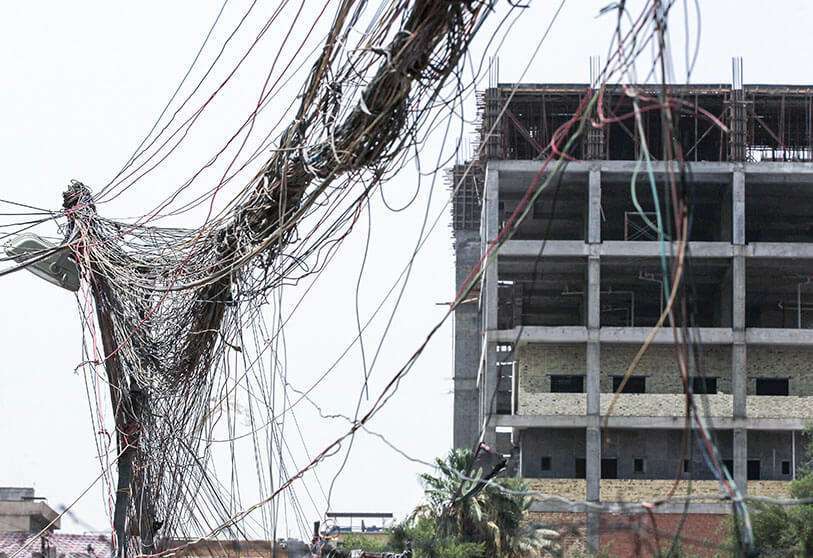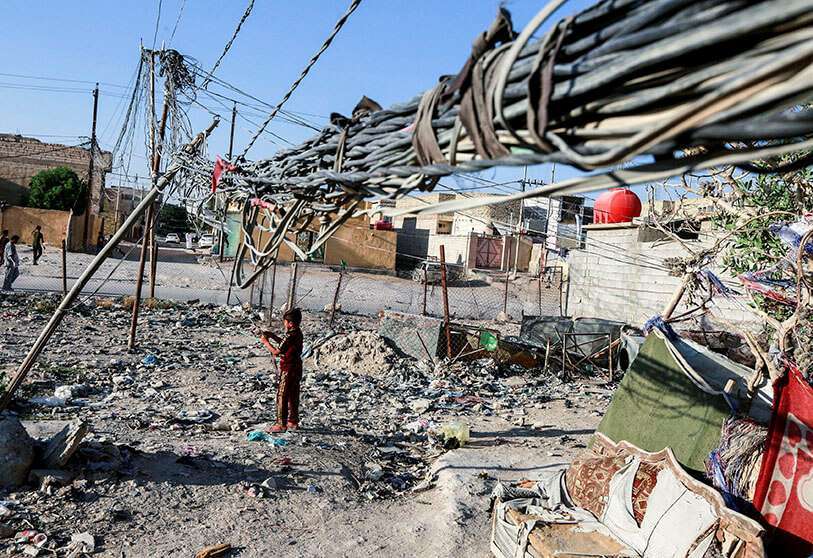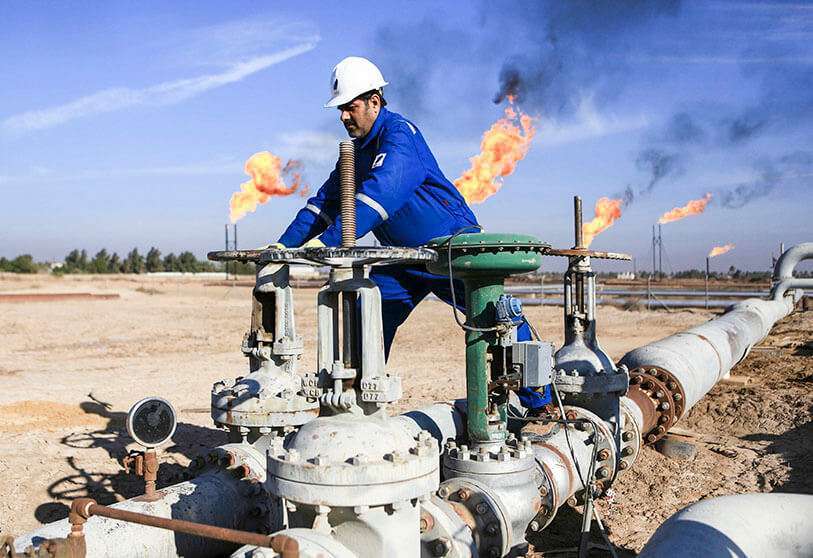Terrorism, corruption and politics leave Iraq without energy

Almost 20 years after the U.S. invasion that destroyed its infrastructure, conflict, corruption, terrorist attacks, foreign and domestic policy converge as causes of the precarious power grid as a sort of allegory of Iraq's ills. The result is, depending on the location of the country, an average of 15 hours a day of blackouts that are already part of the daily life of the citizens of a country that produces 4.5 million barrels of oil daily.
"A dilapidated network, older than wars, sieges and quotas; consumed by suburbia and abuse; a drain on $12 billion in annual government support. Destroyed in 1991 by the coalition, terrorist bombs and Daesh." It's not a poem, that's how Luay Alkateeb talked about the electricity network on April 29th, at that time and until last May 9th, Minister of Electricity, on the social network Twitter. The former minister complained about the "blackmail" of the intervention of politicians and economic powers and the attacks by the "miserable media and the irresponsible consumer".

The power grid has been one of the preferred targets of the Daesh group, which went so far as to declare a caliphate in parts of Iraq and Syria in 2014 that it extended into the vicinity of Baghdad. Officially defeated in late 2017, Daesh is still active and one of the favorite targets of their attacks is the power grid to cause power cuts in the provinces of Baghdad and Diyala, Saladin, Ninive, Kirkuk and Anbar.
In the last major action three weeks ago, 33 power lines were blown up when a device exploded in Kirkuk. In the last month, there have also been attacks on the network in Diyala (27-29 April) and Baghdad (28 April). According to the Ministry of Electricity, two vital lines for the country, the high-voltage line running from eastern Baghdad and Amin, were targeted in this latest attack, leaving large parts of the country in darkness.

Hammam al Tamimi MP, a member of the Parliament's Energy Committee, told Efe that "the electricity grid towers are sabotaged every year by terrorists". "There are many reasons why the hand of terrorists reaches the electricity towers, the most important of which is the steep terrain in which they are situated and the lack of security there," he said, adding that protection and surveillance need to be strengthened.
Power production capacity was reduced to just over 9 megawatts after the US invasion. Today, studies show that theoretically Iraq has an installed capacity of 17 megawatts, but sources from the Ministry of Electricity told Efe that the current capacity is 13.5 megawatts. That capacity, insufficient to meet the more than 20 megawatts that the network may demand, has led to an endless number of international projects and contracts in a country with institutions distributed on the basis of a sectarian and tribal system.
A study by the firm Hakluyt & Co for the U.S. company General Electric, one of the operators in Iraq, indicated that there is "bribery and widespread corruption" in the Iraqi energy sector, as reported in November 2019 by the Wall Street Journal.

Iraq loses about 60% associated with oil because it is unable to canalize it, something that would save it more than $6 billion a year that it spends on buying fuel, according to a 2019 World Bank report. It states that only 30% of the electricity produced and 50% of the electricity billed is charged for due to lack of meters and commercial systems. The total amount collected barely covers 10% of the network's operating costs.
On 1 October last year, thousands of Iraqis began to take to the streets spontaneously, tired of corruption and the government's inability to guarantee the provision of basic services, one of them is electricity.
The protesters continue to demand answers and claim that Daesh's terrorists are not the only ones who are abusing the electricity grid. Ahmed Abbas, one of the protesters who has been camped out for months in Baghdad's historic Tahrir Square, told Efe that "the essence of the problem in the electricity sector is that it is one of the most corrupt sectors in the country".

"Some parties don't want to improve the power grid in the country because it would be a problem for their corruption and the billions in fictitious contracts and projects they get," he said. In addition, he added, "improving the power supply would mean stopping or reducing the import of energy from Iran which is not what the parties loyal to Iran want".
Hamza Salah, another of the demonstrators in Tahrir, stressed that "there are parties that benefit from blowing up electric towers, especially the armed groups that control the generators that they make millions from".
The lack of electricity supply has generated a huge business of selling power from generators to complement the supply of the state or directly to supply it in its absence. Of the 5,000 megawatts generated in Iraqi Kurdistan (north) more than 90% are in private hands, according to the World Bank. "Politicians and corruption in Iraq are more dangerous than terrorism," Salah said.








